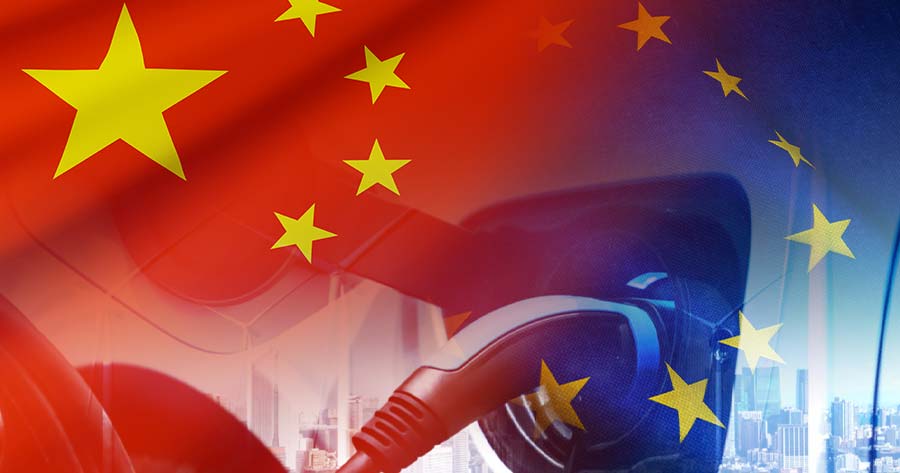Chinese automakers have experienced their lowest penetration of Europe’s electric vehicle market in eight months, following the EU’s imposition of tariffs that have increased import costs by as much as 35%.
Following the introduction of the new tariffs at the end of October, companies like BYD Co. and SAIC Motor Corp.’s MG represented just 7.4% of EV registrations within the EU in November, a decrease from 8.2% in the previous month as reported by Dataforce. This decline marks the least amount of market share captured since March.
The tariff imposition came after an investigation revealed that China’s electric vehicle sector benefited from state subsidies, which led to an unfair competitive edge.
Efforts to negotiate a resolution had failed, prompting Brussels to add new import duties on top of the existing 10%. The exact increase, however, varies depending on any state aid received and whether firms complied with the EU’s investigation.
SAIC’s MG has faced the steepest tariffs, now totaling 45% and causing a 58% drop in registrations last month compared to the previous year, according to Jato Dynamics.
Conversely, BYD has surged ahead in this market, doubling its November registrations in Europe to 4,796 vehicles. Analyst Julian Litzinger from Dataforce noted that BYD’s expansion is driven primarily by private and fleet customers.
China’s ambition to advance in major global markets has been met with obstacles in Europe, similar to previous exclusions from the U.S. Lower battery costs initially gave automakers from the world’s second-largest economy a competitive pricing edge, yet protectionist measures from Western nations aim to defend local car industries amid the shift from combustion engines.
Meanwhile, Litzinger added that, despite the EU tariffs, the disruption to China’s market expansion in Europe was smaller than anticipated.
In Germany and France, Chinese-manufactured EV registrations plummeted more than 50% in November compared to the previous year but rose 17% in the UK, where the EU tariffs do not apply.
The transition to electric vehicles has decelerated into 2024, causing automakers worldwide to rethink strategies involving model portfolios and production locales. Chinese companies are gradually moving towards local manufacturing within Europe, though the process will require time to achieve fruition.
Automotive firms globally are seeking collaborative cost-sharing solutions amidst the escalating technological evolution of the industry, with the likes of Honda, Nissan, and Mitsubishi, Japan’s three giant car producers, reportedly discussing a potential merger.



